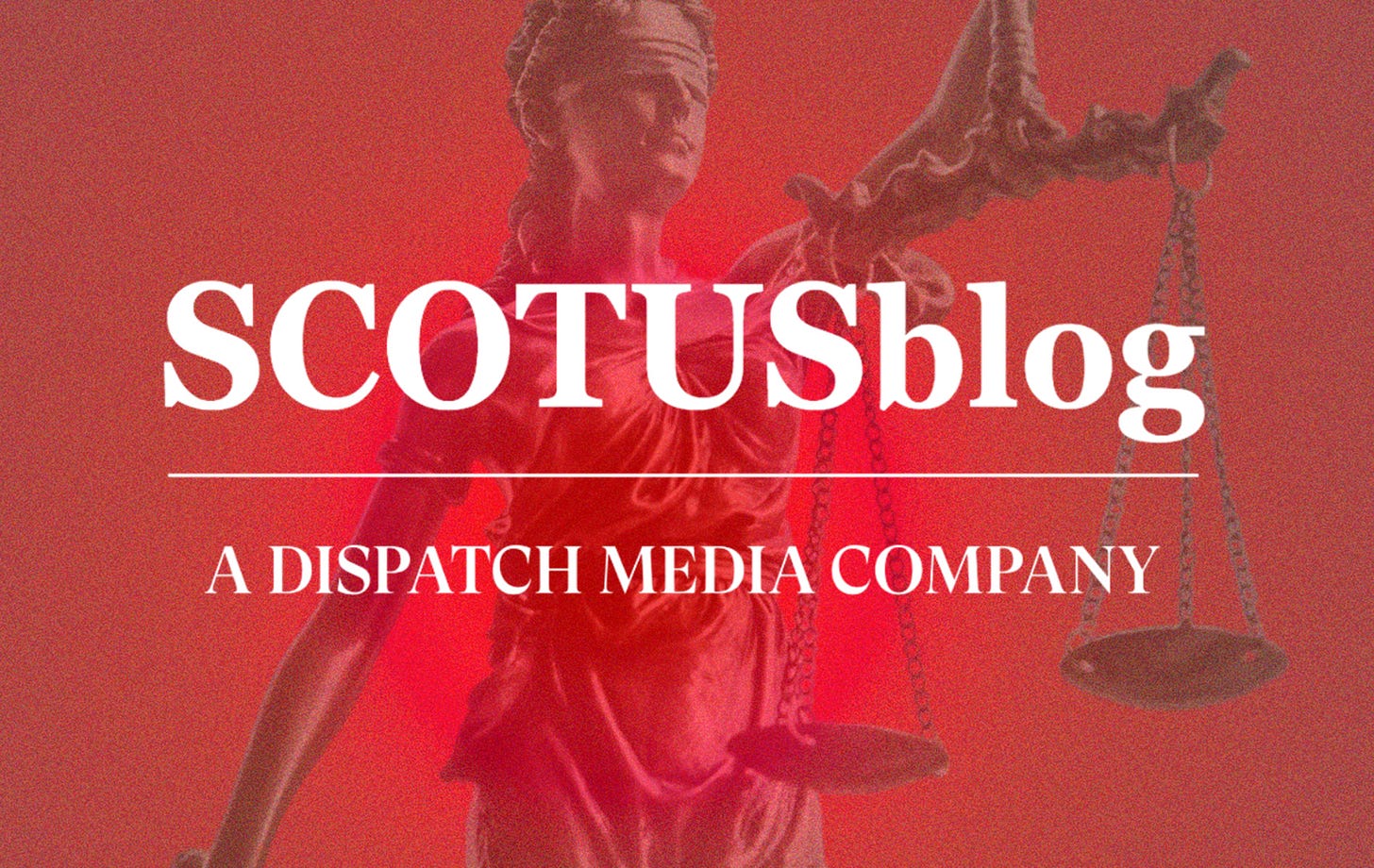✨ The AI economy is here
Just take a look at what's happening with job changes at Amazon and the Meta vs. OpenAI talent battle
My fellow pro-growth/progress/abundance Up Wingers,
Excited talk about the impending arrival — and science-fictional promise — of artificial general intelligence may suggest anything short of superintelligence is no biggie. The Singularity or bust.
But whatever the AGI timeline, two headlines show that the Age of (Generative) AI has started reshaping corporate strategy and the job market. Amazon is warning that white-collar jobs will soon go, while OpenAI and Meta are locked in a talent arms-race offering nine-figure paydays. These happenings aren’t signals from a speculative future. They’re happening now. And they're pretty informative.
Start with Amazon. CEO Andy Jassy tells staff that AI adoption would likely shrink the company’s corporate workforce. That’s not a trial balloon, it’s part of a $100 billion capital-expenditure push, much of it aimed at AI infrastructure. The e-commerce giant is already using AI "in virtually every corner of the company,” according to Jassy, with more than a thousand AI services and applications already deployed or in progress of being built.
Jassy: “We will need fewer people doing some of the jobs that are being done today, and more people doing other types of jobs. It’s hard to know exactly where this nets out over time, but in the next few years, we expect that this will reduce our total corporate workforce.”
Amazon’s actions here reflect a classic pattern in technological disruption. Productivity improvements often mean fewer workers doing the same work — or more work — while creating new things to do. Amazon has long specialized in removing human friction from its operations, from one-click ordering to automated warehouses. Yet that same efficiency may generate second-order job growth. Cheaper logistics help sellers expand, lower AWS prices enable startups, and reduced costs boost household consumption. In other words, fewer Amazon jobs — at least jobs involving a set of current tasks — may coincide with more economic activity elsewhere.
Meanwhile, the OpenAI-Meta saga plays out at the opposite end of the labor market. Meta, lagging in the AI race, is reportedly offering compensation packages up to $100 million to lure top researchers. OpenAI’s Sam Altman claims his team hasn’t budged, but the aggressive recruitment underscores how tight the market for frontier AI talent has become. Zuckerberg himself is said to be leading the effort
Unlike Amazon’s story of automation, this one is about leverage. The best AI researchers are now effectively force multipliers: a handful of minds with the know-how to design systems with huge productivity upside and that can scale across millions of users. That rarity — combining judgment, creativity, and deep technical domain expertise — is hard to replicate (at least until superintelligence) and commands a premium.
Both stories point to a broader truth. AI isn’t just a lab experiment. It’s becoming a general-purpose technology, like electricity or the internet, that transforms work and productivity across the economies. But just as those earlier revolutions took decades to play out, the AI shift is happening unevenly by specific sector and jobs — but it is happening.
That means the labor market won’t follow a single path, such as one where robots soon take all the jobs. There will be displacement, as repetitive or codifiable tasks vanish. There will be amplification, where skilled workers using AI become dramatically more productive. And there will also be creation, as new tasks and jobs emerge.
The companies mentioned above have varying views about AI, but they do share a belief that AI is the future, and that the future has already begun. Investors, executives, and policymakers should take note.
As Congress Does Less, The Courts Are Doing More
Breaking news: The Dispatch has acquired SCOTUSblog, the gold standard in Supreme Court analysis.
Reliable coverage of the Supreme Court has never been more important. With an unbridled executive branch and a Congress eager to surrender its constitutional prerogatives, the federal judiciary is playing an increasingly important role in shaping the country’s direction.
Join 600,000 loyal readers and check out The Dispatch today. No insulting clickbait, no false outrage, no annoying auto-play videos—just reliable journalism that helps you understand the big decisions that will shape our nation’s future.
Faster, Please! readers: Take 25% off a Dispatch membership today
Micro Reads
▶ Economics
Slowdown Coming. But Not a Recession. - Apollo Academy
This Bill Will Return Us to an Era of Economic Chaos - NYT Opinion
▶ Business
Quarterly Reports Are Written for AI - WSJ Opinion
Elon Musk’s xAI Will Be Hard-Pressed to Extinguish Its Cash Fire - Bberg Opinion
▶ Policy/Politics
U.S. academics call for reforms in research overhead payments, hoping to avoid drastic cuts - Science
Senate AI bill with liability protections for basic transparency gets mild support from opposing contingents - Inside AI Policy
▶ AI/Digital
When AIs bargain, a less advanced agent could cost you - MIT Tech Review
AI copyright anxiety will hold back creativity - MIT Tech Review
Pope Leo Takes On AI - WSJ
Nvidia’s ‘Sovereign’ AI Could Win a Prize for Irony - Bberg Opinion
▶ Biotech/Health
South Africa Built a Medical Research Powerhouse. Trump Cuts Have Demolished It. - The New York Times
Brain Freeze - Asterisk
▶ Clean Energy/Climate
"Ancient Carbon" is Leaking into Our Atmosphere, Upending Our Thinking on Climate Change Models - The Debrief
Big Tech Is Green Energy’s Best Defense Against the GOP - Bberg Opinion
▶ Space/Transportation
Europe's Plan for Faster Space Travel - IEEE Spectrum
Has Europe Given Up On the New Moon Race? - Supercluster
▶ Up Wing/Down Wing
Empire of Flight - Aeon
▶ Substacks/Newsletters
Big-Ass Truck Abundance - Slow Boring
To Cut Nuclear Costs, Cut Concrete - Breakthrough Journal





